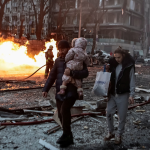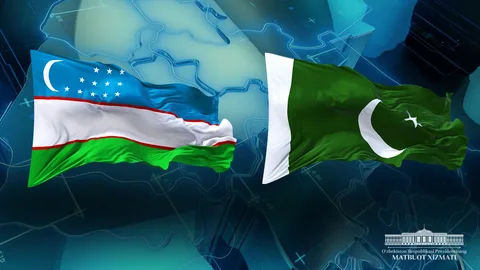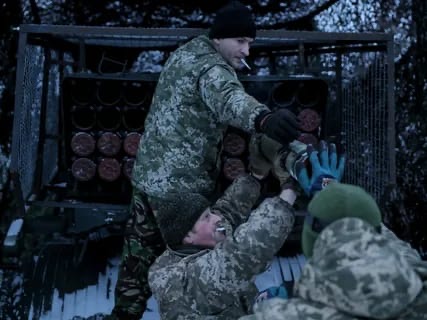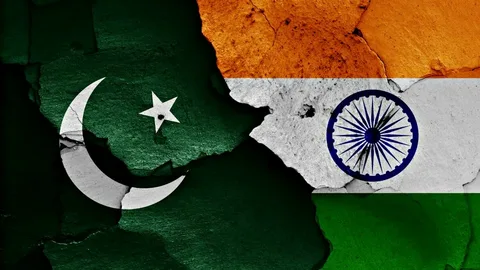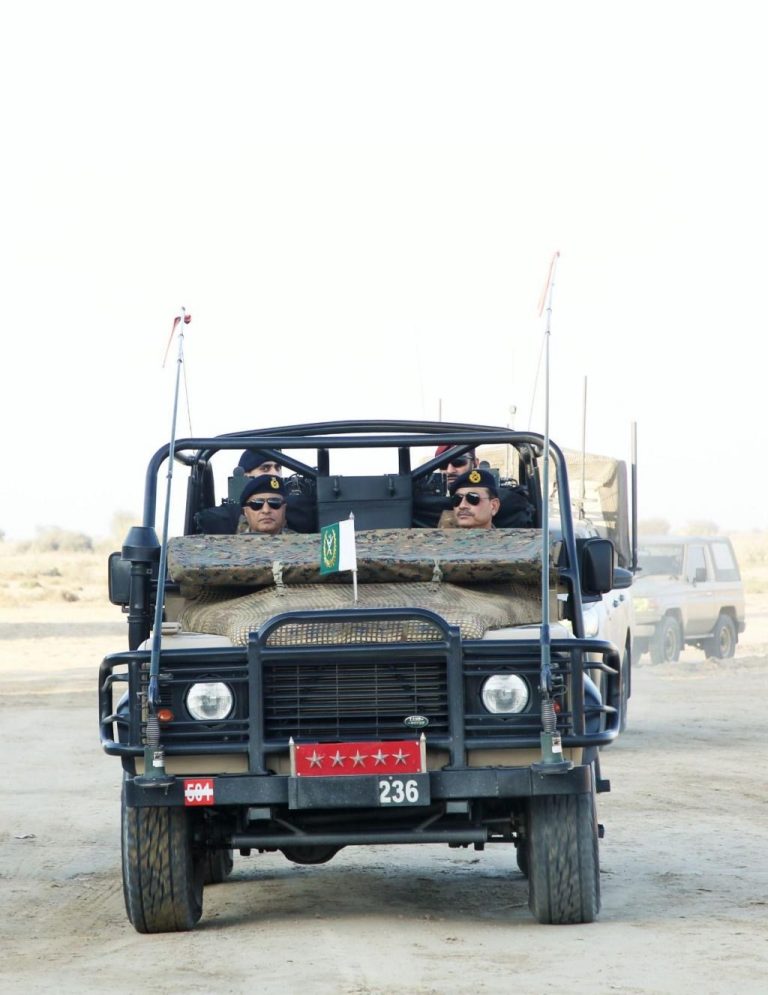Israeli military will stay in designated “security zones” in Syria, Lebanon, and the Gaza Strip indefinitely, Israeli Defense Minister Israel Katz said Wednesday. After a ceasefire broke last month, Israel has stepped up its military operation in Gaza to put pressure on Hamas to free detainees.
Katz clarified, “In any temporary or permanent situation, the military will remain in the security zones as a buffer between the enemy and Israeli communities.” In addition to Gaza, this strategy also applies to areas in Syria and Lebanon where Israeli forces have remained after multiple ceasefire accords.
Global Issues and Regional Responses:
Many Palestinians and surrounding nations view Israeli troops‘ presence in these areas as a military occupation, which raises questions regarding potential violations of international law. Hamas has already declared that it will not entertain the possibility of freeing the remaining detainees until Israel has fully evacuated Gaza and a permanent peace has been established.
Israel’s activities have been opposed by the Families of Hostages Organization, which contends that the immediate release of the hostages should take precedence over the acquisition of new territory. “They promised that the hostages come first,” the organization said. In reality, Israel is deciding to take over land before the hostages do.
Territorial Control vs. Hostage Release:
The situation is still tight, with Israel focusing on its military strategy and territory control while Hamas demands an Israeli pullout in full before any hostages are freed. Even if it means putting an end to the current war, the relatives of the hostages have demanded a comprehensive solution that would guarantee the simultaneous release of all hostages.

Both sides are firmly established in their positions, and the political and military landscape in the area is still changing quickly. The situation is still complicated as talks carry on, especially with regards to military involvement, humanitarian issues, and territory control.
Displacement of Palestinians from Gaza:
Trump’s idea, which human rights experts warn would probably violate international law, has almost uniformly condemned by Palestinians and Arab nations. Palestinians in Gaza said they are afraid of another mass exodus similar to the one that took place during the 1948 war for the creation of Israel and do not wish to leave.
After claiming to have had a role in mediating the ceasefire that was established in January, the Trump administration has subsequently stated that it fully supports Israel’s decision to terminate the truce and to stop providing any humanitarian assistance.
Steve Witkoff, Trump’s ambassador to the Middle East, has been working to organize a new ceasefire deal that would benefit Israel, but it doesn’t seem like much has changed.
Although Israel destroyed its colonies and withdrew its troops from Gaza in 2005, it still controlled the majority of Gaza’s airspace, coastline, and land border. After Hamas took over in 2007, Israel joined Egypt in enforcing an embargo on the region.
During the 1967 Mideast War, Israel took control of Gaza, east Jerusalem, and the West Bank, areas that the Palestinians desire for a future state. During that fight, it also took the Golan Heights from Syria and annexed them, a move that no nation other than the US acknowledged.
Source: CTV News
Isaac Scharf And Wafaa Shurafa, The Associated Press
Shurafa reported from Deir al-Balah, Gaza Strip







